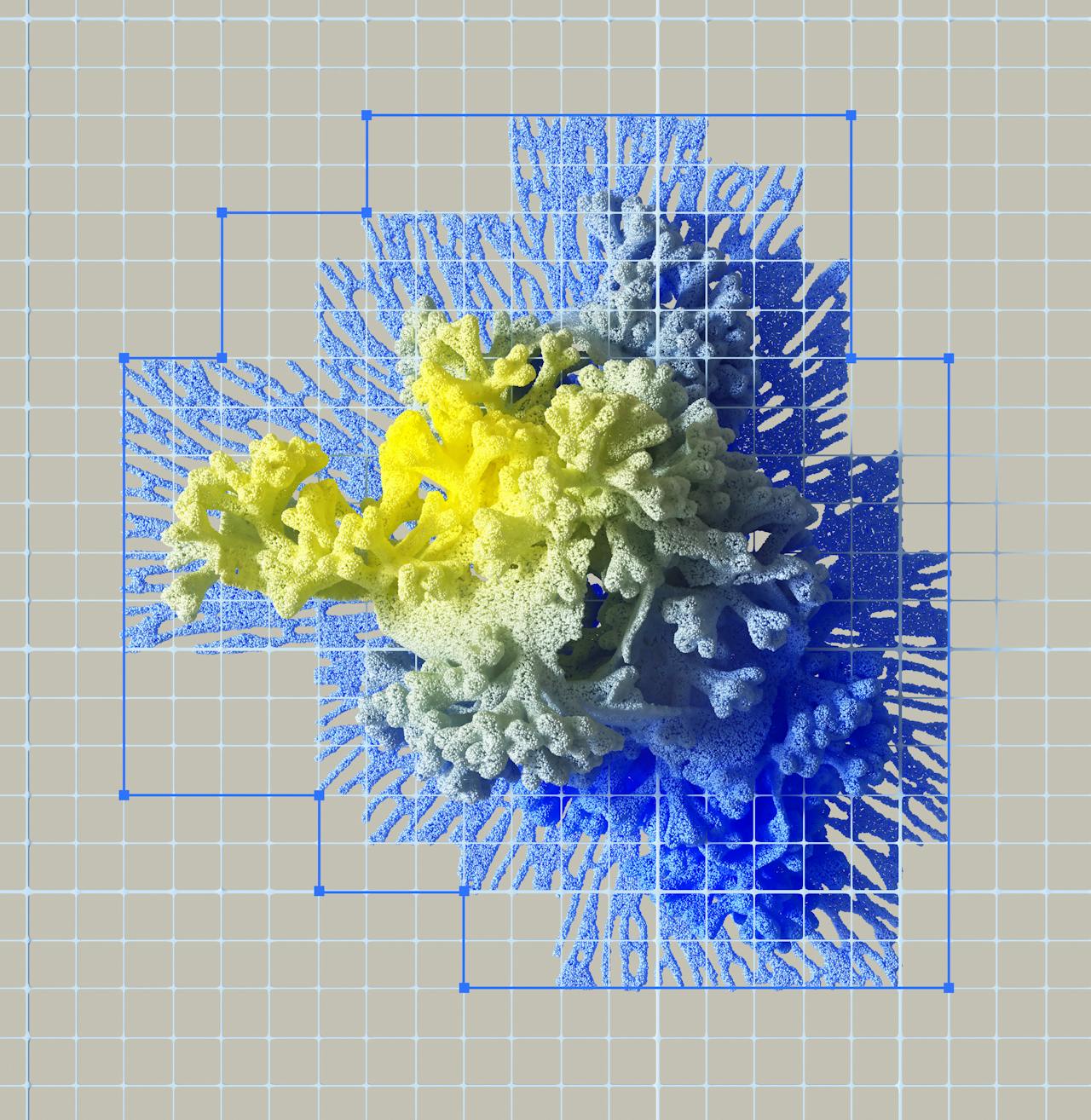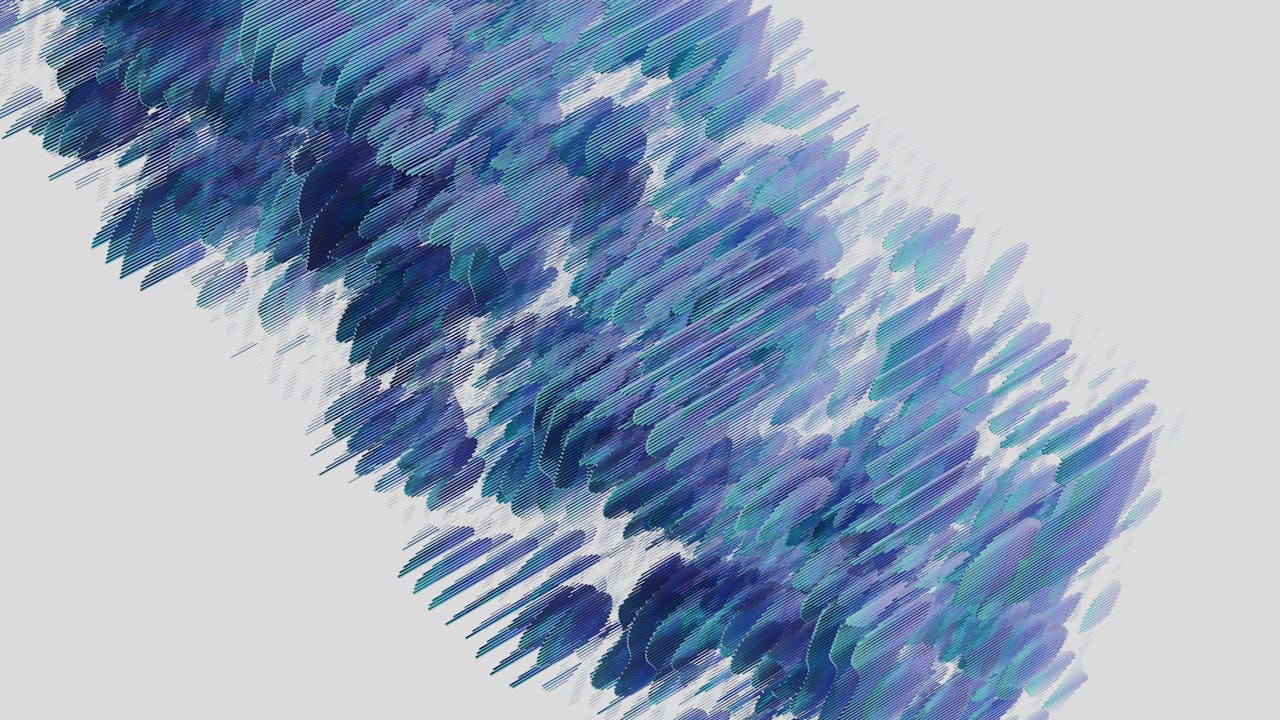When materials entrepreneurs Lucy Hughes, Sarah Harbarth, and Julia Marsh began exploring sustainable alternatives to plastics, they shared one thing in common: a hunger for information.
The materials they envisioned — made with natural, renewable ingredients like seaweed and food waste — hadn’t been created before, and they sought proof points of what was possible. Could fish skins and scales be turned into thin-film packaging? Could olive pits be made into shoe soles?
Designers by training, these innovators needed a window into the world of biopolymer chemistry — a repository of experiments and knowledge to learn from and build upon. Here’s how Materiom supported them to develop the next-generation materials startups they run today:
Lucy Hughes, founder of UK-based MarinaTex, joined Materiom’s open-access database and community platform to discover and refine her first material formulations. It took over 100 different experiments to refine the composition and process to create what MarinaTex® is today — a home compostable alternative to plastic film made from seafood waste and algae. Hughes has since won the international James Dyson award for her pioneering work.
“Materiom played a key role in MarinaTex’s early development — helping to bridge the gap between chemistry and design and making bio-based material innovation more accessible. By lowering the barriers to experimentation, they’ve opened up the field to a broader range of disciplines and accelerated the pace of sustainable materials development.”
- Lucy Hughes, Founder, MarinaTex
Kuori founder Sarah Harbarth discovered Materiom during her Industrial Design degree at the Berlin University of Arts, while researching novel materials made from waste. Today, Kuori converts food sidestreams like olive pits and nutshells into bio-based and biodegradable rubber and elastomer alternatives for shoe soles and sporting equipment. They are collaborating with a major outdoor and sporting goods provider to prototype sports equipment including table tennis bats and sandals.
“Materiom enabled me to take the first steps with my startup. Thanks to that foundation, we've already raised several million to develop new materials.”
- Sarah Harbarth, Founder, Kuori
Julia Marsh, founder of US-based Sway, began experimenting with seaweed as a feedstock for bio-based packaging while completing her MFA Design program at the School of Visual Arts in New York City. Marsh became captivated by seaweed’s potential: it grows fast, needs no land or freshwater, requires no pesticides or fertilizer, and contains natural polymers that can mimic plastic’s compelling qualities. Not to mention that seaweed farms offer a powerful nature-based solution for carbon removal and climate mitigation.
Guided by Materiom on their early product development and sourcing strategies, Sway today develops a range of compostable, next-generation materials with seaweed as the focal ingredient. They won 1st place in the TOM FORD Plastic Innovation Prize in 2023.
“Materiom’s continued allyship has been key to informing Sway’s product development and sourcing strategies. By open-sourcing community and AI-driven information around bio-based material design, Materiom is truly accelerating the transition towards a regenerative future.”
- Julia Marsh, CEO and Co-Founder, Sway
The Materiom Commons supports a community of 20 000+ innovators across 100+ countries. While available knowledge on bio-based and compostable materials has grown considerably in recent years, for next-generation materials innovators, data remains a clear enabler or blocker.
Novel materials research demands the synthesis of massive volumes of academic and experimental data, as well as ongoing iterative trial and error experiments to enhance material performance. It can take 10 years and upwards of $10–$100 million to discover a new material, and as many as 20 years for a material to achieve significant market adoption and meaningful real-world impact.
Generative AI has the potential to accelerate these timelines tenfold by connecting materials producers and their brand partners to relevant insights faster — from early-stage ideation through pilot– and commercial-stage optimization.
Together with our philanthropic, scientific, and product development partners, Materiom is exploring AI-driven solutions that empower bio-based materials innovators to achieve their goals of high-performing, scalable alternatives — in timelines that match the urgency of the plastics crisis.
To discuss avenues for collaboration, please get in touch.
Cover image: Google Deepmind





